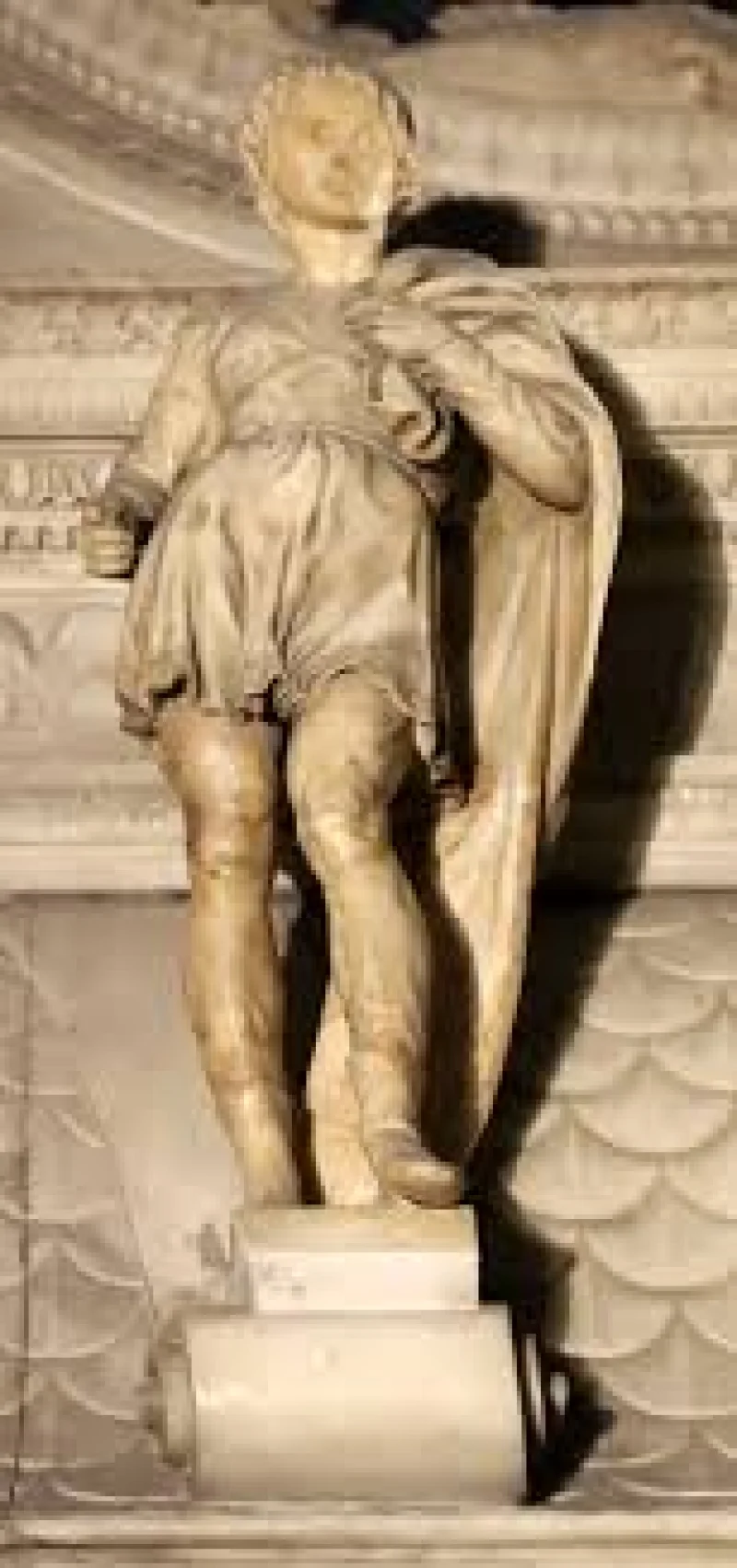Short Summary
Diophantus of Alexandria was an ancient Greek mathematician, renowned for his pioneering work in algebra. Often referred to as the "father of algebra," he is best known for his treatise "Arithmetica," which laid the foundations for solving algebraic equations. Diophantus's work significantly influenced the development of mathematics, and his methods continue to be a cornerstone in mathematical theory and practice.
Early Life & Education
Little is known about Diophantus's early life, including his exact birth and death dates. He lived during the Hellenistic period in Alexandria, a major center for learning and scholarship in the ancient world. Diophantus likely received an education typical of the era, which would have included studies in geometry, arithmetic, and possibly astrology. His environment in Alexandria, with its rich cultural and intellectual atmosphere, likely played a significant role in shaping his mathematical pursuits.
Career Highlights
Diophantus is most celebrated for his work "Arithmetica," a collection of books that focus on solving algebraic equations. While only a portion of these books survive today, their impact on mathematics has been profound. His approach to algebra was largely rhetorical, relying on verbal descriptions rather than symbolic representation, which would not emerge until much later. Diophantus's work was further recognized during the Islamic Golden Age and later by European mathematicians during the Renaissance, solidifying his legacy as a pivotal figure in mathematical history.
Major Achievements
- Developed "Arithmetica," a seminal work that introduced methods for solving algebraic equations.
- Influenced later mathematicians, including those of the Islamic Golden Age and the European Renaissance, through his innovative approaches to algebra.
- Contributed to the founding principles of number theory, which remain essential in modern mathematics.
Famous Quotes
- No direct quotes from Diophantus survive; his work is known through subsequent translations and interpretations.
Interesting Facts
- Diophantus's work "Arithmetica" was originally composed of 13 books, though only 6 have survived through history.
- The term "Diophantine equation" is named after him, referring to polynomial equations that seek integer solutions.
- He is sometimes credited with introducing the concept of negative numbers within his work.
- A famous epigram, attributed to Diophantus, describes aspects of his life using a mathematical riddle.
Legacy / Influence
Diophantus's contributions laid the groundwork for future developments in algebra and number theory. His methods influenced mathematicians of the Islamic Golden Age, who further expanded on his ideas. During the Renaissance, his work was rediscovered and served as a catalyst for further advancements in European mathematics, making his legacy an enduring pillar in the history of mathematics.
FAQ
Q: Why is Diophantus famous?
A: Because of his foundational work in algebra, particularly his treatise "Arithmetica," which influenced the development of mathematical theory.
Q: What is a Diophantine equation?
A: It is a polynomial equation that seeks integer solutions, named in honor of Diophantus's work in this area.
Q: How many books of "Arithmetica" have survived?
A: Only 6 of the original 13 books are known to have survived.











